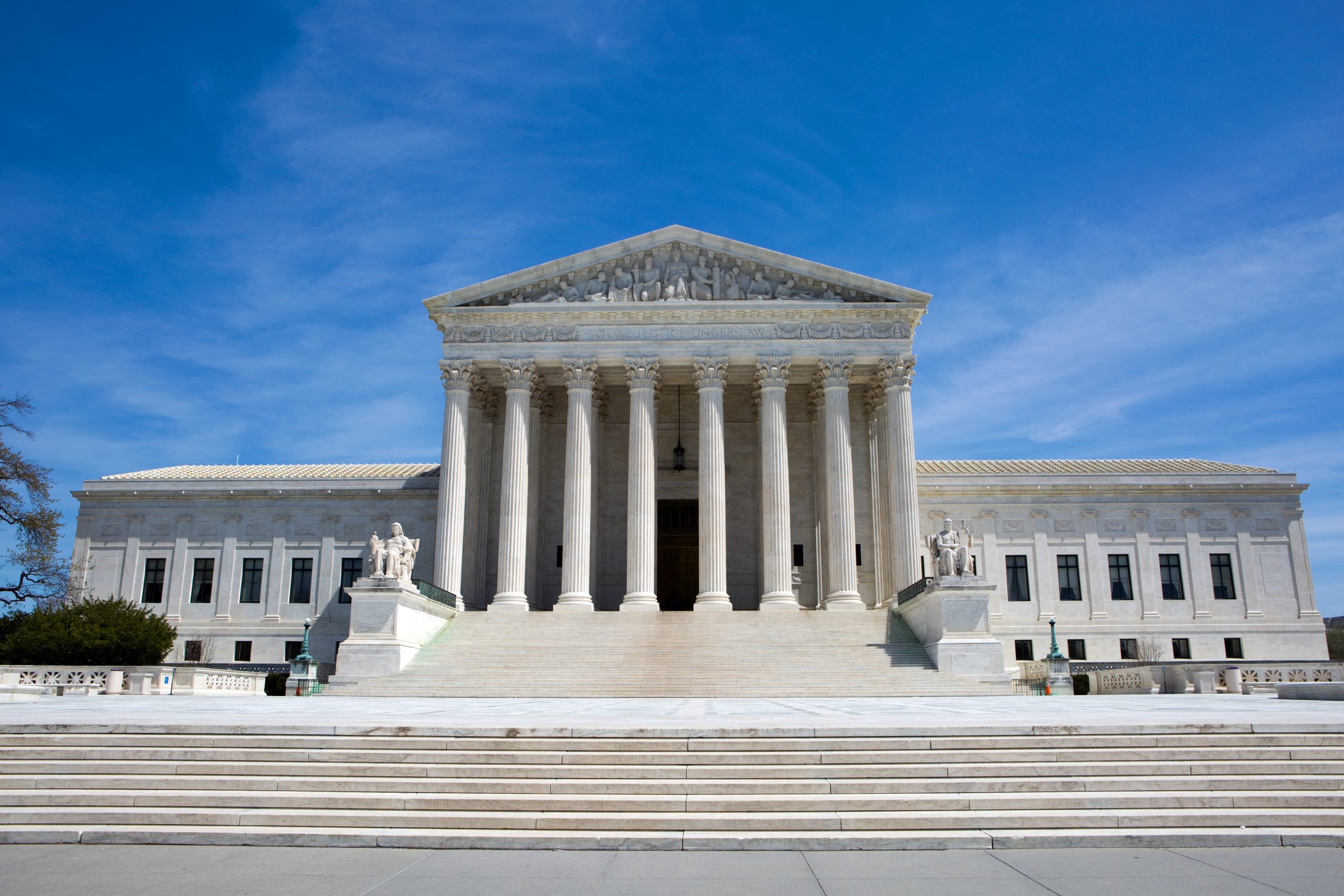Supreme Court: Americans Can Sue Officials Who Block Them On Social Media

On Friday, the U.S. Supreme Court issued a unanimous ruling declaring that in certain cases, Americans have the right to sue government officials who block or mute them on social media.
All nine Supreme Court justices ruled that the courts must determine whether a lawsuit is justified based not only on who the government official doing the blocking is, but also whether the blocking occurred on an official account where government business is conducted.
Conservative Justice Amy Coney Barrett explained in the ruling that social media accounts may be viewed as official channels of communication as long as the user “possessed actual authority to speak on the state’s behalf” and “purported to exercise that authority,” according to reporting from NBC News.
Barrett added: “In some circumstances, the post’s content and function might make the plaintiff’s argument a slam dunk,” including when the social media account is marked as official.
This unanimous Supreme Court ruling came in response to two cases. The first case was in California and involved Poway Unified School District Board of Trustees members Michelle O’Connor-Ratcliff and TJ Zane — who had blocked concerned parents, Christopher and Kimberly Garnier, from commenting on their Facebook pages and Twitter posts. Lower courts sided with the parents in this case.
The second case came out of Michigan, where Port Huron City Manager James Freed blocked a woman after she responded to his explanation of the city’s response to the COVID pandemic, preventing her from continuing to criticize him. Lower courts shockingly sided with Freed.
Now that the Supreme Court has ruled on the matter, both cases have been sent back to the lower courts to have the new ruling applied.
Some on social media have argued that the decision did not go far enough, pointing out that the Supreme Court should also rule that government officials cannot limit or turn off comments on their public posts.
“Now that the Supreme Court has ruled that politicians can’t block you, they should also argue that politicians can’t turn off comment responses. People wanna have input and X is a good way to do this. Politicians that turn off comment replies do not care voice of the people,” the X account for “Bostonians Against Mayor Wu” wrote.
Meanwhile, this ruling came several years after a federal judge ruled that then-President Donald Trump was not allowed to block critics on his personal social media account, using the same rationale as the recent Supreme Court ruling — arguing that when government officials use social media, the network effectively becomes a “government forum” and an “interactive space” for voters to communicate with their elected official.
























